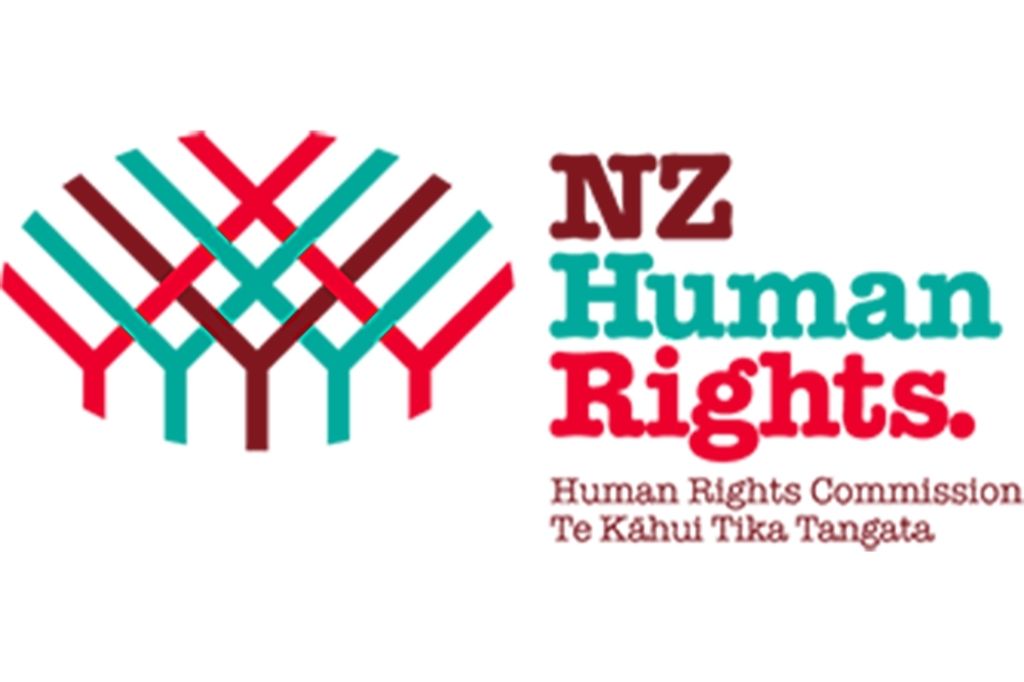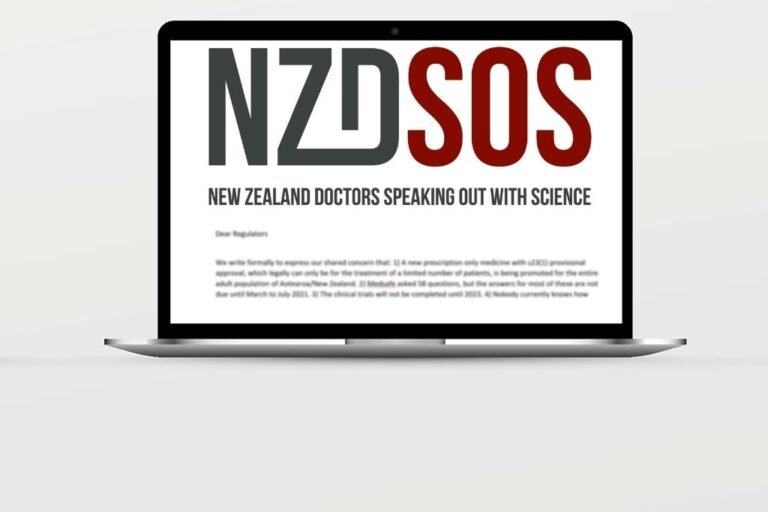From: NZ Human Rights Commission Agrees with Informed Consent

In reply to our letter of complaint to the Human Rights Commission, we received a reply indicating that in spite of the pandemic, the government needs to ensure that measures are proportionate and safeguard Te Tiriti o Waitangi and human rights, even if there views may seem contrary to popular opinion and that the office of the commissioner was working to ensure that rights were safeguarded.
The representative writes that transparency is essential in the vaccination process, that information should be readily available and in a easy to understand format and that the vaccination program should be developed with the principles of equality and non-discrimination. They go on state that:
COVID-19 vaccine is voluntary and vaccines may not be forcibly administered.
Read: Email from Human Rights Commissioner’s Office
20 August 2021
Kia ora Dr Jacques Imbeau
Thank you for taking the time to write to the Chief Commissioner Paul Hunt regarding the concerns of the New Zealand Doctors Speaking Out with Science about the rollout of the Pfizer vaccine.
The Covid-19 pandemic – and the measures undertaken by the Government to combat it – are unprecedented and place significant restrictions on New Zealanders’ human rights. As New Zealand’s national human rights institution, the Human Rights Commission must hold the Government and other duty bearers to account to ensure that any measures now in place are proportionate and safeguard Te Tiriti o Waitangi and human rights, even if at times the views expressed may seem contrary to popular opinion. We are working to ensure human rights are safeguarded at this time.
The current context, including the vaccine rollout, concerns several key human rights issues including the right to informed consent. We have provided guidance on our website regarding the vaccine rollout and human rights see https://www.hrc.co.nz/enquiries-and-complaints/faqs/covid-19-vaccine-and-human-rights/. Transparency and access to information are essential components of human rights and go hand in hand with accountability. Article 19 of the International Covenant on Civil and Political Rights notes that the right to freedom of expression includes the freedom to seek, receive and impart information from the State. People have the right to know what is happening in a public health crisis. Transparency is essential in the vaccination process. Information about the vaccine should be available in readily understandable formats and languages. Being open and transparent, and involving those affected in decision-making, is key to ensuring people participate in measures designed to protect their own health and that of the wider population. Vaccination programmes should be developed on the human rights principles of equality and non-discrimination, which guarantee access, availability and accessibility of resources without any distinction due to economic situation, ethnicity, gender or any other human or social conditions. COVID-19 vaccine is voluntary and vaccines may not be forcibly administered.
If individuals have concerns about the medical treatment they have received as part of the Covid-19 vaccination programme, they should submit a complaint to the Health and Disability Commissioner https://www.hdc.org.nz/making-a-complaint/make-a-complaint-to-hdc/. If any individuals have concerns that they have been discriminated against as a result of their views about the vaccine for religious or ethical reasons, they are encouraged to make a complaint to the Human Rights Commission https://www.hrc.co.nz/enquiries-and-complaints/how-make-complaint/.
Ngā mihi
Infoline
For the Chief Commissioner’s Office






One Comment
Comments are closed.